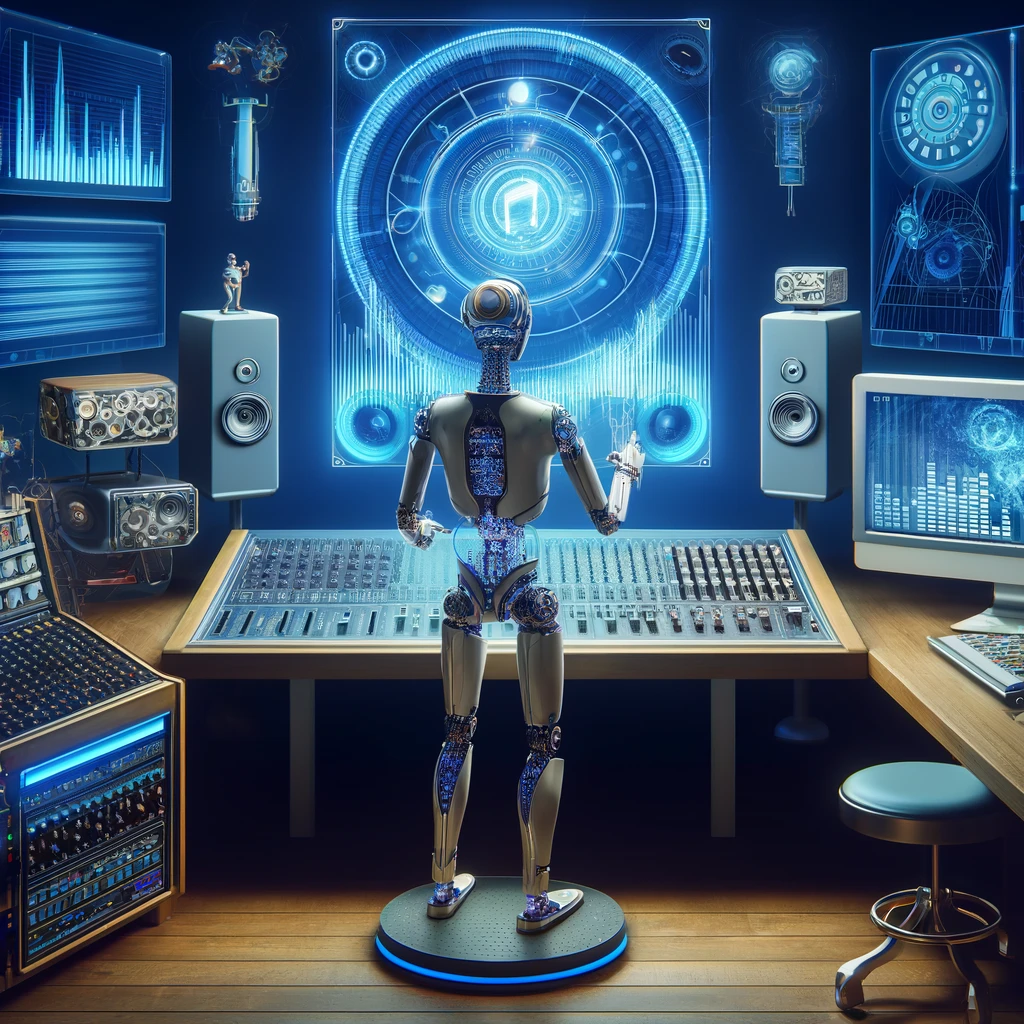Introduction
In today’s digital age, brand identity and customer engagement are pivotal elements of successful marketing strategies. Music, with its profound emotional influence, plays a critical role in branding. The advent of artificial intelligence (AI) has revolutionized numerous industries, and the music industry is no exception. This article explores how businesses can leverage AI-generated music to enhance their brand identity and elevate customer engagement.
The Power of Music in Branding
Music can evoke emotions, memories, and even physical reactions. In marketing, it is a powerful tool to reinforce brand identity and connect with customers on an emotional level. The right melody associated with a brand can enhance recall, differentiate it from competitors, and foster customer loyalty. Traditionally, creating such music involved human composers, but AI is changing the game by enabling businesses to generate unique soundtracks that resonate with their brand’s values and audience’s preferences.
AI-Generated Music: The New Frontier
AI-generated music involves using algorithms and machine learning techniques to create music without human intervention. AI analyzes vast amounts of data to understand patterns in music that appeal to specific audiences. This capability allows AI to compose original music tracks tailored to the nuances of a brand’s identity. As a result, businesses can obtain custom soundtracks that are both cost-effective and aligned with their marketing objectives.
Benefits of AI-Generated Music for Brands
- Customization at Scale: AI can produce a wide variety of musical pieces that reflect different aspects of a brand’s personality, suitable for various campaigns and platforms.
- Consistency Across Touchpoints: AI ensures that the music remains consistent across all marketing channels, reinforcing the brand’s identity uniformly, which is crucial for multi-channel marketing strategies.
- Enhanced Emotional Engagement: By tapping into data about customer preferences and behaviors, AI can create music that triggers specific emotional responses, thereby deepening the brand’s connection with its audience.
- Cost-Effectiveness: AI reduces the need for expensive human composers and multiple iterations, bringing down the cost of producing high-quality music for marketing purposes.
AI in Action: Case Studies
Several innovative companies have successfully integrated AI-generated music into their marketing strategies:
- Case Study 1: A Tech Giant’s Launch Event: For the launch of a new smartphone, a global tech company used AI to create a dynamic soundtrack that adapted in real-time to social media reactions during the event. This not only engaged the audience but also enhanced the overall perception of the brand as innovative and customer-centric.
- Case Study 2: A Retail Brand’s Holiday Campaign: A well-known retail brand used AI-generated music to design unique jingles for different holiday promotions, which increased their advertising recall by 30% compared to previous years.
The Process of Creating AI-Generated Music
The process of using AI to create effective brand music involves several steps:
- Data Collection: Collecting data on the brand’s current identity, target audience, and competitor analysis.
- Training the AI: Feeding the AI with data on music theory, existing brand soundtracks, and customer feedback to train it on what works well for the target audience.
- Composition: The AI uses the learned data to compose music pieces that reflect the brand’s identity and appeal to its audience.
- Testing and Feedback: The music is tested among focus groups, and their feedback is used to refine the compositions.
- Integration: Once finalized, the music is integrated into marketing campaigns across different media platforms.
Challenges and Ethical Considerations
While AI-generated music offers numerous advantages, it also poses challenges and ethical considerations:
- Loss of Human Touch: Critics argue that AI-generated music might lack the emotional depth and nuance that human composers bring.
- Intellectual Property Issues: Determining copyright ownership of AI-generated content can be complex and is currently a subject of debate.
- Privacy Concerns: Using customer data to influence music creation raises privacy issues that companies must navigate carefully.
Conclusion
AI-generated music is a revolutionary tool that can significantly enhance brand identity and customer engagement. By leveraging the power of AI, businesses can create unique, emotionally resonant soundtracks that not only captivate their audience but also strengthen their market position. As technology evolves, the fusion of AI and music will likely become more refined, opening new avenues for innovative marketing strategies.

No responses yet